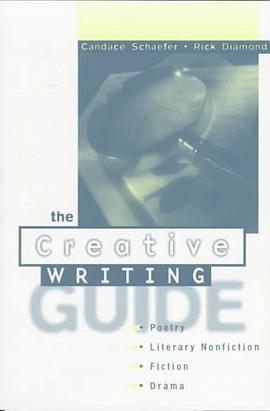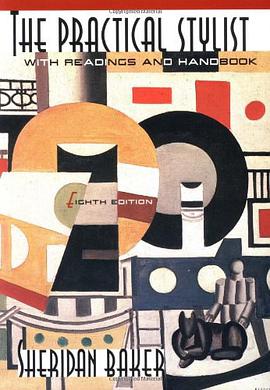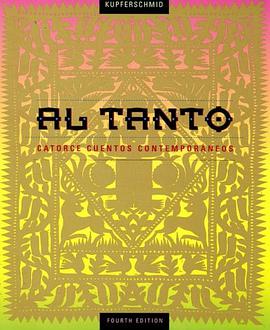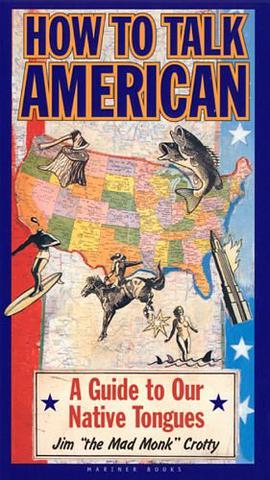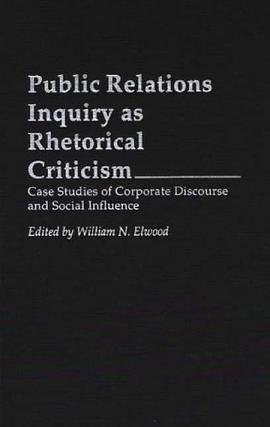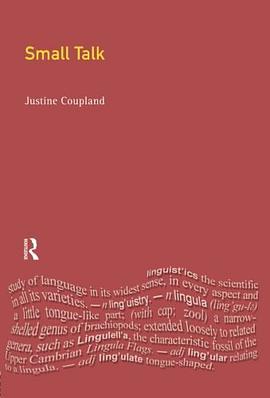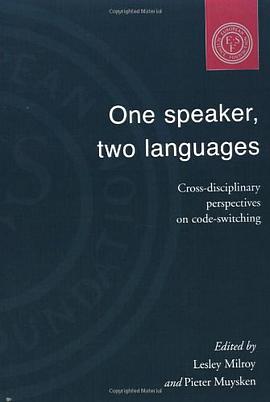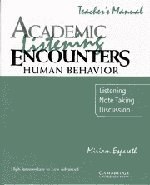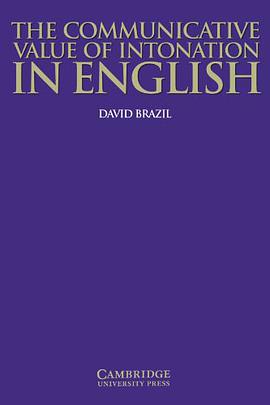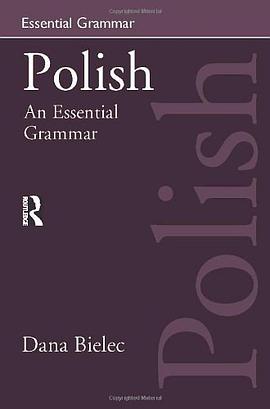

Although Sean O'Casey's Abbey plays - "The Shadow of a Gunman", "Juno and the Paycock", "The Plough and the Stars" - are universally admired for the richness of their language, this analysis is unusual in that it examines the plays in relation to linguistic and political culture at the turn of the 20th century. Levels of education and, consequently, of literacy were low in the Dublin tenements and this facilitated the persistence of an oral tradition which stretched back for thousands of years. What might strike the modern reader as extravagant in the language of O'Casey's characters would be quite normal in an oral community where all communication was performative. Because they were powerless in a culture dominated by those who had reaped the advantages of education, the tenement dwellers were dazzled by the apparent magic of literacy and in awe of those who wielded its power. O'Casey uses this to dramatize the ease with which the poor were seduced into what he saw as a bourgeois revolution which brought them nothing but suffering and death. It is hardly surprising, then, that the villains in these plays are educated intruders who speak a language strikingly different from that of the tenement dwellers.
具体描述
读后感
评分
评分
评分
评分
用户评价
相关图书
本站所有内容均为互联网搜索引擎提供的公开搜索信息,本站不存储任何数据与内容,任何内容与数据均与本站无关,如有需要请联系相关搜索引擎包括但不限于百度,google,bing,sogou 等
© 2025 book.wenda123.org All Rights Reserved. 图书目录大全 版权所有

